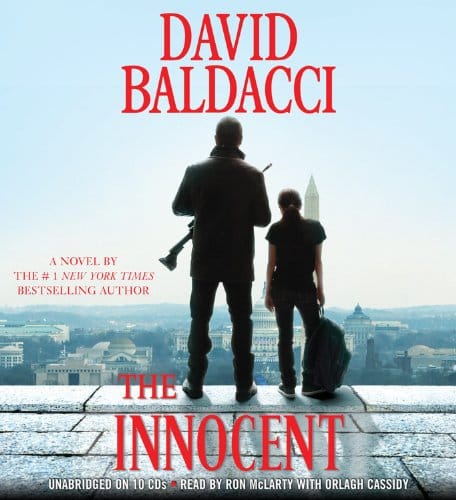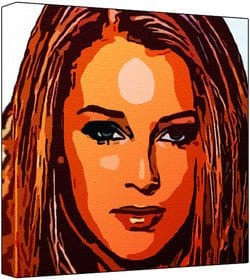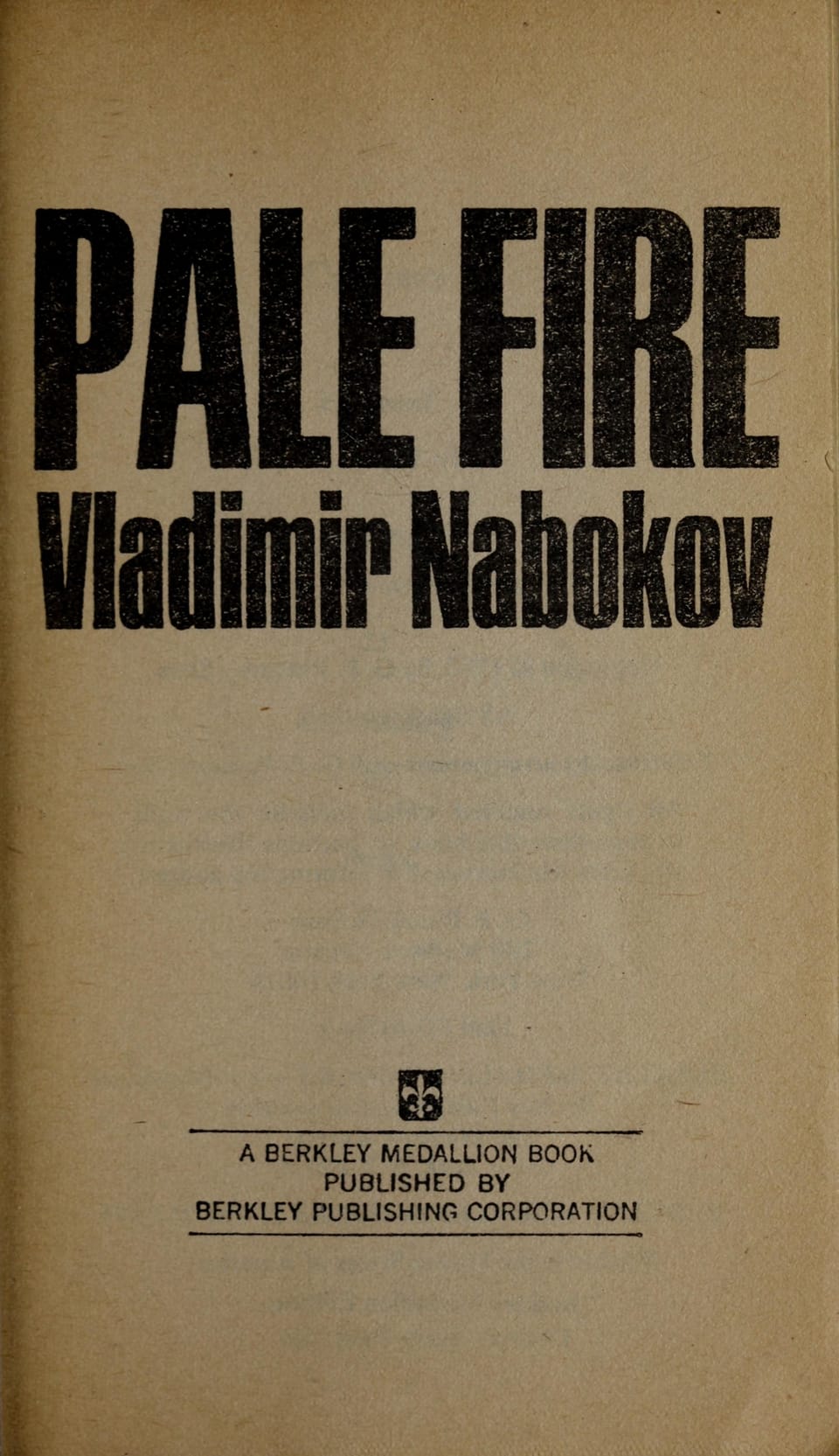Understanding Ian McEwan’s “The Innocent”: Summary, Themes and Lasting Impact
An 800-word guide to Ian McEwan’s Cold War novel “The Innocent,” covering plot, themes, characters and lasting cultural impact.

Introduction: Why Talk About “The Innocent” Now?
More than three decades after its first publication in 1990, Ian McEwan’s novel “The Innocent” continues to attract new readers. Set primarily in Cold War–era Berlin, the book fuses historical thriller, espionage procedural and tragic love story into a single, tightly wound narrative. Readers looking for a page-turner will find the tension they crave, yet McEwan’s elegant prose and moral questioning also reward slow, careful reading. This article offers an 800-word guide that summarizes the plot, unpacks major themes, introduces key characters, and explains why the novel still matters for contemporary audiences.
Brief Plot Overview
The novel opens in 1955, when Leonard Marnham, a shy 25-year-old British postal engineer, is posted to Berlin as part of a secret Anglo-American intelligence operation. His job is to help build a tunnel under the Soviet sector to tap telephone cables and eavesdrop on Red Army conversations. At first, Leonard’s world is strictly technical: wires, amplifiers, and calibration charts. Yet everything changes when he meets Maria Eckdorf, a 30-year-old German divorcee scarred by wartime trauma. Their tentative romance supplies rare intimacy in a city fractured by politics and suspicion.
As Leonard and Maria grow closer, a violent confrontation with Maria’s abusive ex-husband, Otto, thrusts their private lives into the geopolitical chess match raging above ground. In a moment of self-defense gone wrong, Otto is killed in Maria’s apartment. Terrified, the couple decide to dispose of the body themselves. Leonard’s technical skills become grotesquely useful as he dissembles the corpse with the same methodical precision he once reserved for telephone equipment. The final act escalates when Soviet agents discover tunnel activity, and Leonard’s classified world collapses. A last-minute evacuation by British handlers leaves Maria behind, creating a bittersweet ending that haunts readers long after the final page.
Main Characters
Leonard Marnham
Leonard serves as McEwan’s lens on innocence, guilt, and the corrosive nature of secrecy. He arrives in Berlin naive, eager to please, and intellectually brilliant but emotionally inexperienced. Over the course of the novel he transforms from innocent technician to complicit participant in violence, illustrating the novel’s title in ironic relief.
Maria Eckdorf
Maria embodies postwar German resilience. Although she functions as Leonard’s love interest, she is never reduced to a mere plot device. Her struggles—surviving bombings, enduring a chaotic postwar economy, and navigating a patriarchal society—offer a poignant counterpoint to Leonard’s sheltered English upbringing.
Bob Glass
Leonard’s American supervisor, Bob Glass, provides the novel’s dark comedic relief. A seasoned intelligence officer who speaks in colloquial slang, Glass becomes both mentor and manipulator. He encourages Leonard’s technical brilliance but often withholds crucial information, underlining how power imbalances permeate even friendly alliances.
Key Themes
Innocence Versus Experience
The title’s paradox emerges as Leonard’s purity collides with Berlin’s moral gray zones. Each wire he splices gives Western agencies an advantage, yet the clandestine nature of his work erodes his ethical compass. McEwan suggests that innocence is not simply lost; it is negotiated, surrendered, even commodified in exchange for belonging or security.
The Body and Technology
By paralleling Leonard’s technical tasks with later acts of bodily dismemberment, McEwan blurs boundaries between mechanical precision and human violence. Readers are forced to question whether modern technology, ostensibly neutral, inevitably extends humanity’s capacity for cruelty.
Love in a Divided City
Berlin’s fractured geography heightens the intensity of Leonard and Maria’s relationship. Their apartment becomes a sanctuary buffered by national borders, military checkpoints, and ideological walls. McEwan uses romance not to escape politics but to dramatize how public conflicts infiltrate private lives.
Historical and Cultural Context
McEwan drew inspiration from Operation Gold (also known as Operation Stopwatch), a real joint British-American tunneling project carried out in Berlin between 1955 and 1956. Although the tunnel was ultimately compromised by a Soviet mole, it remains an iconic moment in espionage lore. McEwan’s fictional retelling adds a layer of human consequence, personalizing headlines that otherwise read like dry archival material.
The novel also speaks to the anxiety of nuclear brinkmanship and the emergent culture of surveillance—a topic that resonates strongly in today’s digital age. Readers attuned to modern debates about privacy, data mining, and whistle-blowing will find striking parallels.
Narrative Style and Structure
McEwan’s prose is lean yet lyrical, alternating between meticulous technical description and emotionally charged interior monologues. The third-person limited viewpoint aligns readers closely with Leonard, ensuring that each moral compromise feels immediate. Suspense builds gradually through foreshadowing rather than plot twists, mirroring the slow, subterranean progress of the tunnel itself.
Critical Reception
Upon release, “The Innocent” was praised for its genre-blending dexterity. Critics lauded McEwan for reinvigorating Cold War fiction, a genre often dominated by John le Carré’s moral ambiguity. Some reviewers, however, found the novel’s grisly middle section excessive. The debate underscores McEwan’s ability to provoke strong reactions—an indicator of literary staying power.
Why the Novel Still Matters
The moral quandaries faced by Leonard and Maria transcend their Cold War setting. Today’s readers grapple with questions about surveillance, national security, and personal responsibility in an interconnected world. “The Innocent” offers a cautionary tale: technological prowess divorced from ethical reflection can lead to unintended, often tragic consequences.
Furthermore, the story humanizes historical abstraction. Rather than presenting a sweeping political treatise, McEwan focuses on individual lives upended by superpower rivalries. This micro-level storytelling fosters empathy, encouraging readers to view contemporary geopolitical conflicts not as distant policy debates but as very real human dramas.
Conclusion
Ian McEwan’s “The Innocent” succeeds both as a taut spy thriller and as a profound meditation on innocence, guilt, and the price of secrecy. By weaving an intimate love story into the high-stakes espionage of 1950s Berlin, McEwan compels readers to confront uncomfortable truths about technology, morality, and the fragility of trust. Whether you come to the novel for suspense, historical insight, or character-driven drama, you will leave with much to ponder. For those seeking literature that engages both the heart and the intellect, “The Innocent” remains an essential read.



